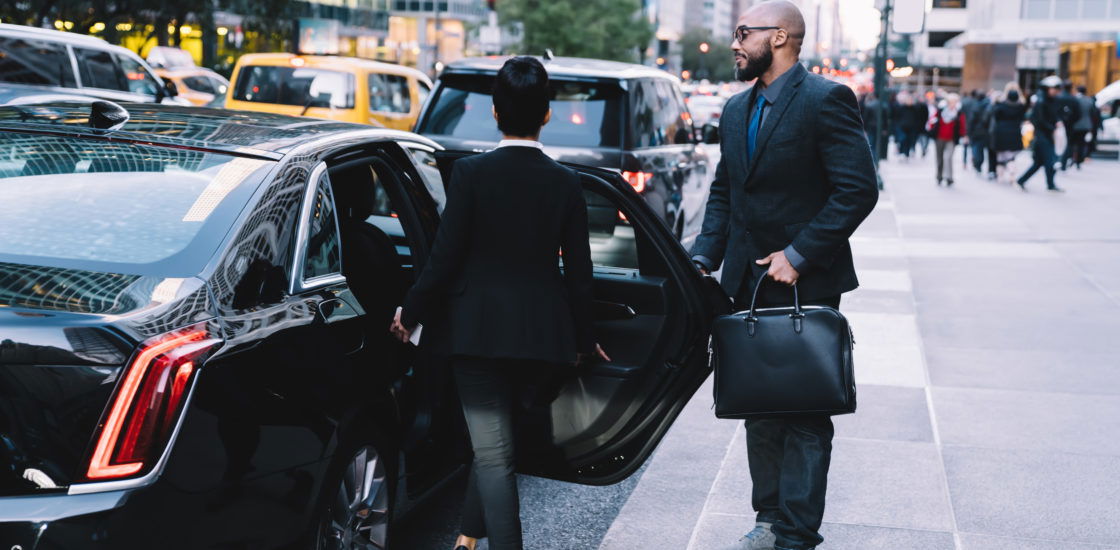FREE CONSULTATIONS:
415.925.5161

Uber and Lyft Drivers Drop Price-Fixing Lawsuit: A Turning Point in the Gig Economy?
The gig economy has transformed the nature of work in recent years, offering flexibility and independence to millions of workers in California and beyond. However, this new model has also sparked significant legal and regulatory debates, particularly around the classification of workers as independent contractors versus employees.
As companies like Uber and Lyft continue to dominate the gig economy, their practices and policies face increased scrutiny. Legal battles underline the ongoing friction between ridesharing giants and the rights of workers who power their platforms.
In a surprising turn of events, a group of Uber and Lyft drivers recently dropped a class-action lawsuit in California that accused the companies of unfairly preventing them from setting their own fares as independent contractors. The case had the potential to reshape the landscape of the gig economy. It centered on the struggle between drivers seeking greater autonomy and companies determined to maintain their profitable business models.
The lawsuit was initially filed in San Francisco Superior Court in 2022 by current and former rideshare drivers. The plaintiffs argued that Uber and Lyft’s policies of setting fare prices “deprived [those] drivers of economic independence” that should come with being classified as independent contractors. They sought an order to end this practice, claiming it amounted to unlawful price-fixing under California law.
However, the case faced a major obstacle last year when a judge ruled that the drivers would need to arbitrate their claims individually rather than pursue them as a class action. The decision made it more challenging for the drivers to proceed. Ultimately, the plaintiffs decided to drop their appeal of the arbitration decision. It remains to be seen whether they choose to take further legal action in the future.
Over the years, Uber and Lyft have successfully defended against numerous claims from drivers seeking employee status, which would entitle them to a broader range of benefits. As a result, the companies have been able to maintain their current business models. Both Uber and Lyft rely heavily on the flexibility and cost savings associated with classifying drivers as independent contractors.
While previous lawsuits centered on whether rideshare drivers should be considered employees, this case focused on the right to set their own fares. By challenging the companies’ control over fare prices, the plaintiffs aimed to assert a key principle of independent contracting. One aspect of the ABC Test used to determine worker classification is whether the worker is free from the hiring entity’s control regarding how work is performed.
Uber and Lyft’s defense relied on the arbitration agreements signed by drivers. The companies argued that these agreements required disputes to be resolved through private arbitration rather than through the courts. Although the plaintiffs’ lawyers argued that their clients had opted out of these agreements, the judge concluded otherwise.
The broader implications of this lawsuit are linked to ongoing regulatory developments. In January, the Biden Administration introduced a new rule making it more difficult for companies to classify workers as independent contractors. While Uber and Lyft have downplayed the impact of this rule on their operations, it signals a growing push for greater worker protections in the gig economy.
Despite this setback, the battle over rideshare driver classification and rights is far from over. The plaintiffs may still pursue individual arbitration claims, and new lawsuits could emerge as regulatory landscapes evolve.
For those considering legal action against companies like Uber and Lyft, consulting with an experienced employment attorney is essential. If you are a gig economy worker facing similar challenges, McCormack Law Firm is here to help. Our San Francisco employment attorneys are dedicated to advocating for worker rights and holding employers accountable for unlawful practices.
While we were not involved with the Uber and Lyft lawsuit, McCormack Law Firm has experience handling worker misclassification cases. Contact us today for a free initial consultation to discuss your situation and explore your legal options.
Read more
Tech Industry Still Struggles with Widespread Discrimination, Says EEOC Report
Technological innovation, together with talent acquisition and progress, remains the dominant image of the tech industry. Although organizations have made continuous promises to enhance diversity and equality, they continue to experience challenges…
Google Discriminated Against Employees on Parental Leave In Recent Lawsuit
Today’s contemporary workplace allows employees to depend on parental leave policies to manage their careers and family responsibilities. These workplace protections serve a crucial function because they prevent employees from suffering negative…
Treatment Center Disability Discrimination Case Highlights Workers’ Rights to Request Reasonable Accommodations
Workplace disability discrimination represents more than a violation of labor regulations. The absence of equality creates an obstacle that prevents employees from doing their job duties and returning to work. For disabled…
The Reality of Age Discrimination in the Workplace: Insights from a New Study
Many employees over the age of forty may feel that their age becomes an obstacle at their workplace. Age discrimination in employment exists more frequently than it should, and it manifests in…
SEEN ON









